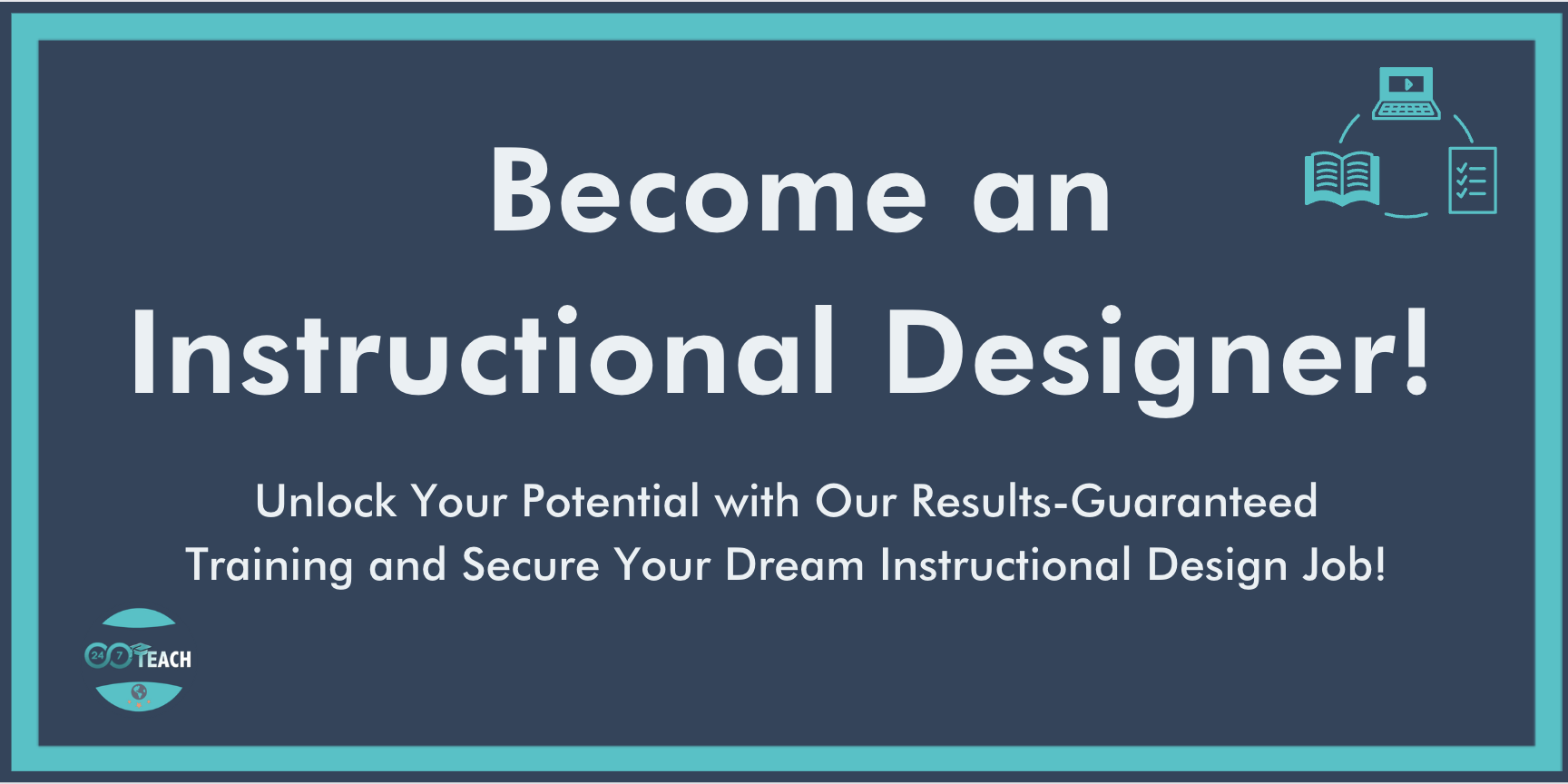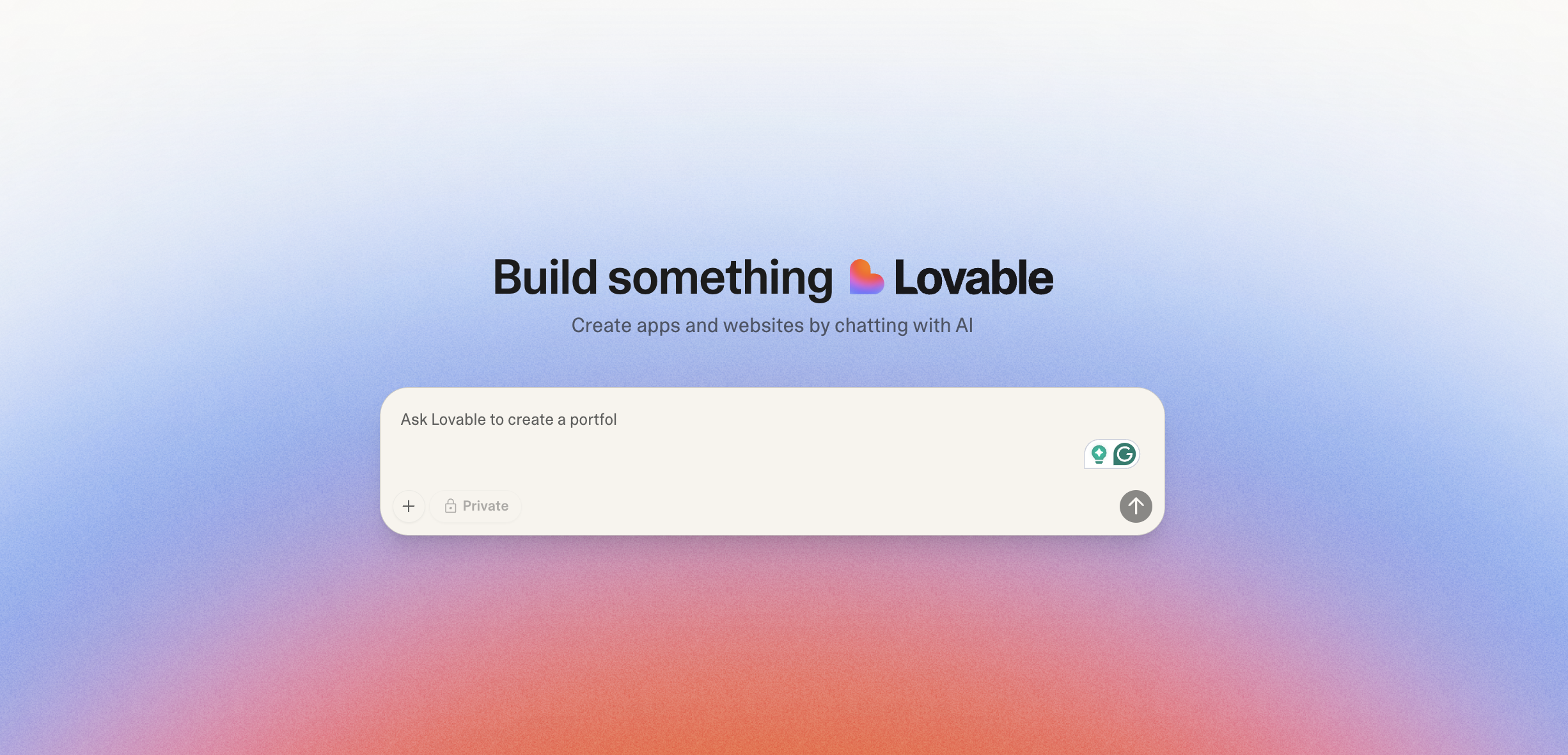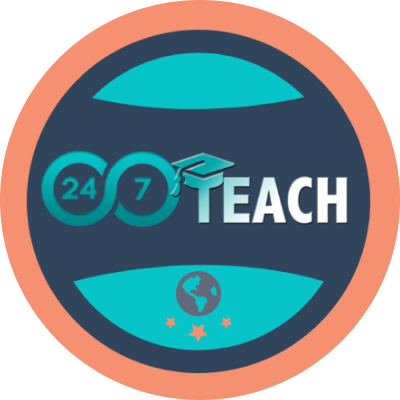How to Nail Instructional Design Interviews Using the 30/70 Reflection Method
By Justice Jones
Senior Instructional Designer and Career Coach
Prefer to listen to this post? Click below.
Preparing for Interviews Using the 30/70 Reflection Ratio:
Interview preparation can feel daunting. We spend hours rehearsing answers, thinking through common questions, and fine-tuning our presentations, often leaving us wondering how to differentiate ourselves from other candidates. As an expert instructional designer and career coach, I’ve found that effective interview preparation doesn’t just happen when we memorize answers or master our technical skills—it happens when we truly reflect on who we are and how we’ve grown. This reflective process is best captured in the 30/70 ratio of reflection, a structured approach I developed and recommend to anyone preparing for an interview.
The 30/70 Ratio of Reflection: A Breakdown
1. This approach suggests you divide your preparation into two key components:
30% of your time should be spent reflecting on who you are as a person. This means getting comfortable with who you are, your values, and what makes you uniquely qualified so that you can answer personal questions unapologetically and authentically.
70% of your time should be spent reflecting on your projects—more specifically:
30% focused on the skills you’ve used within your most recent or current projects.
30% on the specifics of those projects, including challenges you faced and experiences that shaped your growth.
10% on the measurable results and effectiveness of your work.
2. By dedicating time to both personal and professional reflection, this ratio helps you present a more holistic and confident version of yourself in interviews, allowing you to address both technical and personal questions with authenticity.
The 30%: Reflecting on Who You Are
The first part of your preparation—30%—should be focused on self-reflection. Many candidates overlook this, but employers are interested in the full picture: not just what you can do, but who you are and how you fit into their team culture. In an era where soft skills and emotional intelligence are just as important as technical ability, it’s essential to convey your personality and core values unapologetically.
Who Are You?
When reflecting on who you are, consider:
Your core values: What drives you? What motivates you to show up, not only at work but in life?
Your passions: What excites you about your work? What aspects of your career bring you the most fulfillment?
Your personality: How do you handle challenges, setbacks, or successes? What kind of colleague are you?
Your story: What unique experiences shaped who you are today? How do those experiences influence your professional journey?
The goal here is not to memorize a script but to become intimately familiar with the facets of yourself that are meaningful and authentic. When you’re clear about who you are and what you bring to the table, you can answer personal interview questions with confidence and authenticity.
For example, when asked the common question, “Tell me about yourself,” many candidates freeze, unsure of how to describe themselves. But if you’ve taken the time to reflect on who you are, you can offer a response like:
“I’m someone who thrives on collaboration and innovation. I’ve always been driven by a passion for learning, whether through my work as an instructional designer or in my personal life as a lifelong learner. One of my core values is adaptability, which has helped me not only grow in my career but also embrace challenges and changes with curiosity rather than resistance.”
This type of answer shows your values, how you work, and a glimpse of your personality, making you stand out from others who might offer more surface-level responses.
Unapologetic Authenticity
It’s important to be unapologetically authentic. Too often, candidates attempt to provide the “right” answers—those they think interviewers want to hear—at the expense of authenticity. But the truth is, interviewers can tell when someone is being disingenuous. It’s far more compelling to share real insights into who you are, even if it means being vulnerable.
For instance, if you know that your perfectionism sometimes holds you back, instead of hiding it, acknowledge it in a balanced way:
“I’m someone who tends to have very high standards, sometimes to the point of perfectionism. I’ve learned over time to balance this by focusing on progress over perfection, especially in fast-paced environments. This approach helps me maintain quality without letting perfection slow down the process.”
This is unapologetic and authentic because it shows self-awareness, honesty, and growth.
The 70%: Reflecting on Your Projects
The bulk of your preparation—70%—should focus on your professional experience. This includes reflecting on your skills, the specifics of your projects, and the measurable outcomes of your work. Employers want to hear stories about what you’ve done and, more importantly, how those experiences have shaped your ability to solve problems and deliver results.
Let’s break this down:
30%: Reflecting on Your Skills:
First, spend time reflecting on the skills you’ve used in your recent or current projects. This is essential because you’ll need to clearly communicate your expertise during the interview. Rather than rattling off a list of skills, focus on how you’ve applied these skills in practical, real-world situations.
For example, if you’re an instructional designer, think about:
How you’ve used needs analysis to determine the learning gaps in an organization.
Your proficiency with e-learning software and how you’ve used it to design impactful courses.
Your communication skills when working with subject matter experts or stakeholders.
Be specific about how your skills have been utilized. Consider this answer to a question about your abilities:
“In my most recent project, I used my skills in needs analysis to identify significant gaps in employee knowledge at a large healthcare company. I then applied my expertise in content development to design an interactive, blended learning course that improved engagement and retention by 15%. My ability to analyze data and adapt content to learner needs was key to the project’s success.”
This type of response highlights your skillset while also demonstrating how you’ve put those skills into action.
30%: Reflecting on Project-Specifics and Challenges:
Next, reflect on the specifics of the projects you’ve worked on. This includes the challenges you faced and the experiences you gained along the way. Employers often ask behavioral questions like, “Tell me about a time you overcame a challenge.” Having a clear understanding of your past projects will help you answer these questions with confidence and detail.
Consider the following:
Challenges faced: What roadblocks did you encounter? How did you overcome them?
Collaboration: Did you work as part of a team? What was your role, and how did you contribute?
Innovation: Did you find new or creative solutions to problems?
For example, an instructional designer might answer a question about challenges with:
“In one of my projects, I was tasked with creating an online training program for a retail company with limited technological infrastructure. The challenge was ensuring accessibility for all employees, regardless of their technical proficiency. I worked closely with the IT department to develop a user-friendly interface and created supplemental materials, including step-by-step guides and a helpdesk, to ensure everyone could access and benefit from the program. As a result, we had a 90% completion rate within the first month.”
This response not only highlights the challenge but also how the candidate took initiative, collaborated with others, and delivered a successful outcome.
10%: Reflecting on Results:
Finally, dedicate 10% of your reflection to the measurable results of your projects. Quantifiable outcomes demonstrate the effectiveness of your work and help interviewers understand the impact you’ve had. Whenever possible, use numbers or metrics to showcase your results.
For example:
Did your project lead to an increase in productivity or efficiency?
Did you improve engagement or retention rates?
Did your solution save time or reduce costs?
Here’s how you might incorporate results into your interview answers:
“The training program I designed resulted in a 25% increase in employee productivity within six months. Additionally, employee retention improved by 10%, as team members reported feeling more confident and supported in their roles.”
Including data like this reinforces your value and demonstrates that you’re focused on measurable success.
The Role of Journaling in Reflection
A key tool that I recommend for reflecting on both your personal and professional experiences is journaling. Throughout my career as an instructional designer and career coach, I’ve found that keeping a journal allows me to capture insights, lessons learned, and personal growth in real-time, making it easier to reflect on these experiences later.
How Journaling Supports Reflection
When preparing for interviews, your journal becomes a valuable resource that you can refer to for specific examples, challenges you’ve overcome, and measurable results. By maintaining a consistent journaling practice, you’ll have a wealth of experiences to draw from, ensuring that you’re never at a loss for words during an interview.
Here’s how to use journaling effectively for interview preparation:
Document key projects: Record the details of each project you work on, including the skills you used, the challenges you faced, and the results you achieved.
Track personal growth: Reflect on your personal experiences, values, and moments of growth. This will help you answer questions about who you are.
Capture lessons learned: Make note of any insights or lessons you’ve learned throughout your work. These reflections can help you demonstrate how you’ve grown professionally.
For instance, before an interview, you might review a journal entry about a project where you faced significant challenges. This reflection can help you craft a compelling answer when asked to discuss a time you overcame adversity.
Conclusion
Preparing for interviews is about more than simply rehearsing answers. It’s about engaging in meaningful reflection—both personal and professional. By following the 30/70 ratio of reflection, you’ll be able to confidently present who you are as a +narrative that highlights not only your technical skills but also your personal values, growth, and authentic self.
A Final Word on Authenticity and Confidence
Ultimately, interview preparation should not feel like a performance. When you follow the 30/70 reflection method, you arm yourself with a deeper understanding of who you are and what you’ve accomplished. You no longer need to scramble for the “right” answers; instead, you share your truth with clarity and confidence. This level of preparation will allow you to present yourself not just as a candidate, but as a person who brings a unique combination of skills, experiences, and perspectives to the table.
Moreover, this method invites you to be vulnerable. Reflecting on challenges and personal growth helps you embrace the reality that none of us are perfect. We all have areas where we’ve struggled, made mistakes, or faced unexpected setbacks. Sharing those experiences during an interview shows self-awareness and resilience, qualities that many employers value.
Continuous Growth Beyond the Interview
As you move forward in your career, consider using the 30/70 reflection method not only for interview preparation but also as a tool for continuous professional development. Regularly dedicating time to reflect on both your personal and project experiences can help you stay grounded, adapt to new challenges, and improve your effectiveness in the workplace. Journaling, in particular, can become a lifelong practice that allows you to track your evolution as a professional and as a person.
Discussion Assignment: Selecting the Right Instructional Design Tools
Join the conversation and participate with the 24/7 Instructional Design community by completing the assignment and adding your answers in the comment section below:
How can embracing the 30/70 reflection ratio, not just for interviews but as part of your everyday professional journey, help you stay grounded in who you truly are, while also empowering you to acknowledge and grow from challenges you face along the way? How might this practice allow you to show up more authentically, even in moments of vulnerability, and build deeper connections in your career?
Need Guidance on Navigating the Shift to Instructional Design?
Before You Go...
Discover the Unmatched 24/7 Teach Experience:
Our Instructional Design bootcamps and career coaching services have a 100% success rate. We redefine learning by immersing you in practical, hands-on projects, ensuring you acquire vital professional expertise while making a meaningful difference in your community.
Unlock your true potential today with 24/7 Teach and invest in your future.













